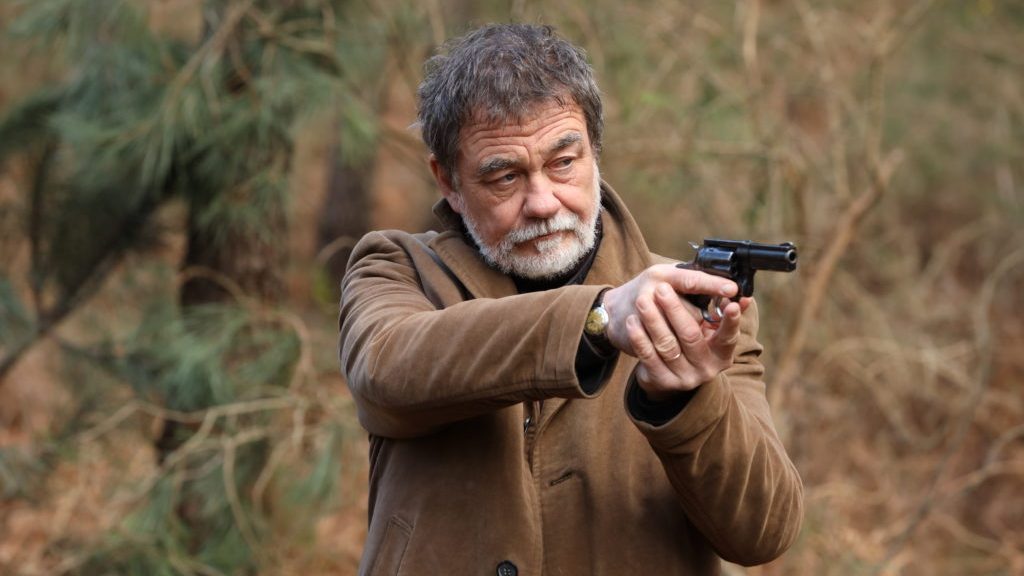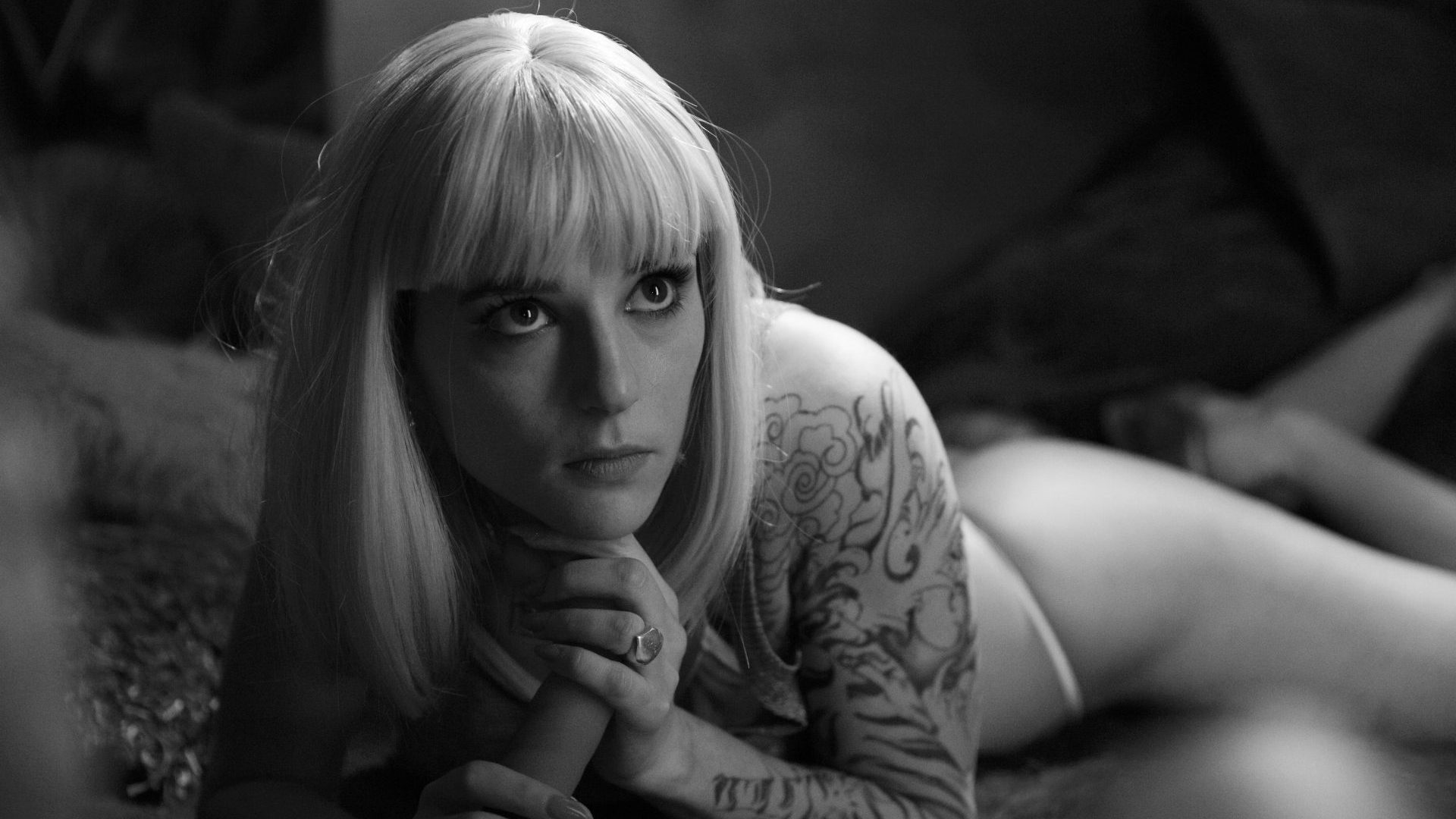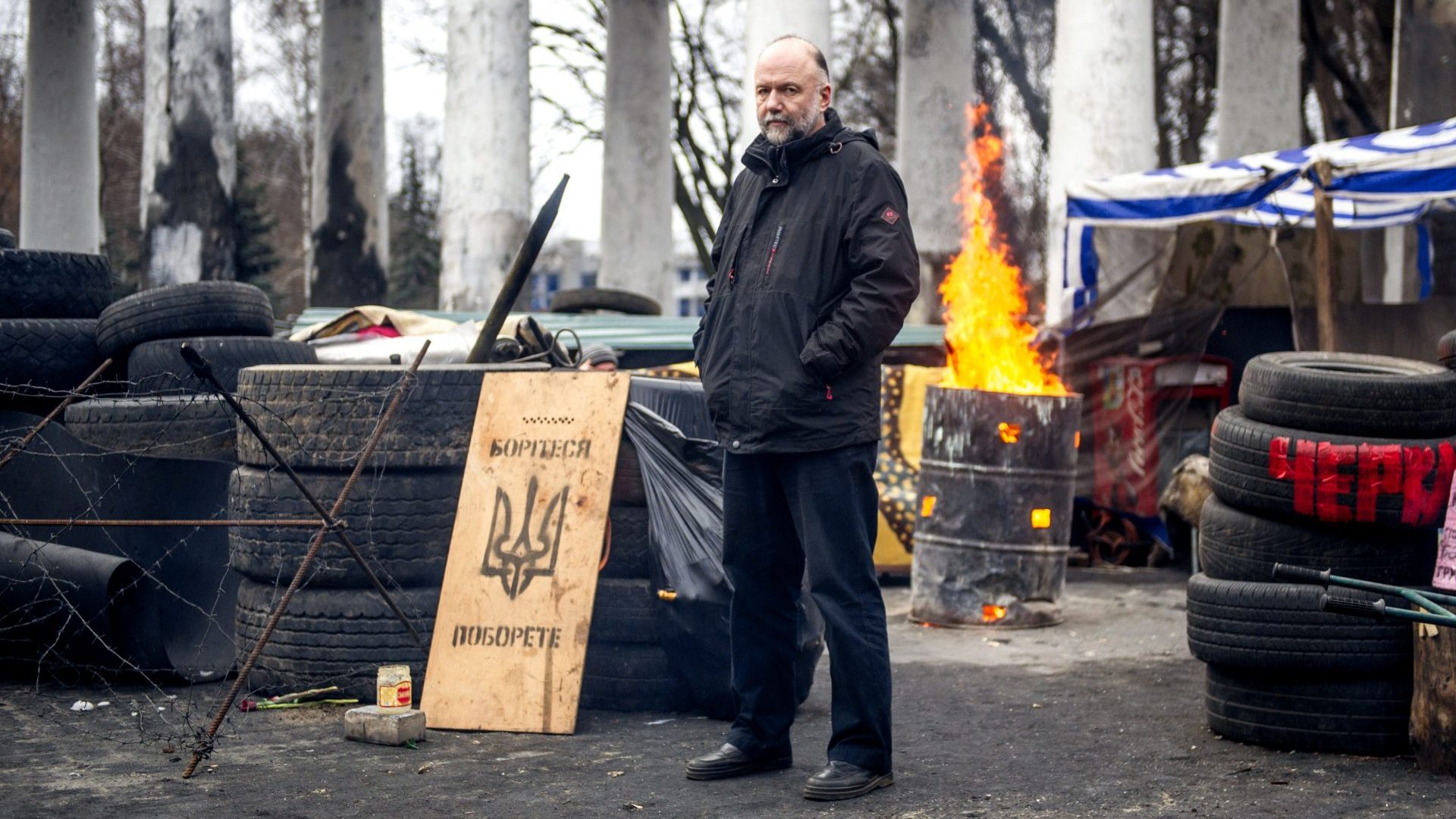The Promise, a French six-part detective thriller, seems to have largely gone under the radar of the British public. A few positive references here and there, but little general hype of the sort it generated in France when it aired last year, and maybe this is only natural as we grow weary of downbeat European murder investigations featuring renegade mavericks who do things their own way.
The fascination with these shows has become a bit of a glib self-effacing cultural trope, used in comedy and relationship dramas as a shorthand for
the sort of predictable mundanity of middle age. Do we still have sex? No, we chastely watch well-plotted crime drama that feels elevated from police
procedural to art by way of its foreignness. This is an unfair conflation of a group of shows that vary widely in their skill and effect. But nevertheless it is a real perception that they are all interchangeable, probably at least in part because of their unifying European-ness.
What, then, does one need to break apart from this crowded market? The Promise has at least one central concern it relies upon to differentiate itself. Writer and producer Anne Landois spoke to police detectives for research purposes in the production of her previous show, Spiral. She told Drama Quarterly it was often stories of unsolved cases that interested her most, and this absence of resolution is at the heart of The Promise. It sets out to dwell in the failures of policing, and to sit with the consequences of terrible crimes that are never solved.
It opens on Boxing Day 1999, when a young girl, Charlotte Meyer, is trying to make her way home through a dreadful storm. We see a white van ominously pass her, before halting and doubling back. Local police chief
Pierre Castaing (Olivier Marchal) is tasked with finding the girl and her kidnapper. Castaing is a gruff but thoroughly decent and intelligent man whose family make up the other part of his core, after policing work.
As time goes on and he is forced to release his prime suspect, Serge Fouquet (Guy Lecluyse), Castaing gradually falls from his position of respect in the community. His mental health begins to unravel, in a way we will only fully grasp towards the end.
Meanwhile, in the present day, his daughter Sarah (Sofia Essaïdi) is now a
detective herself in a town a few hundred kilometres away, and another little girl has been reported missing. When a DNA check from some evidence comes back it leads her to Serge Fouquet, the man who evaded her father and ruined her family. She must now lead the new investigation, one haunted by the disappearance 20 years before, and make good on promises her father could not honour.
How do you, then, make something that is so of a type stand out from its many peers?
Many of the books and films I like best have no innovation in terms of plot or structure, but their ostensible sameness is irrelevant because of how finely tuned the ingredients are, the characters and the emotions and the wit. The same is true here – the constraints of the six-part detective drama can be undone by the skill of the actors, the veracity of their relationships, the truth of the writing.
In a generally excellent cast, Olivier Marchal and Sofia Essaïdi as Pierre and Sarah Castaing are remarkable and moving, and transcend the limitations of the script’s conventions. The moments that are truly exceptional have to do with these two characters and their devastating losses, which seep poisonously through the years, infecting any good thing around them.
Marchal in particular is almost intolerably moving, mired in the despair of having failed to keep his word, and of his slow descent into madness. The brief scenes of his erratic devastation in the last part of his life are worth the price of admission alone.
There are some muddled cliches, such as Sarah’s lack of professionalism somehow working in her favour, and her unhappy personal life (I did enjoy the fact that, after sleeping with a suspect, although she is reprimanded for it on a professional level, the show does not compel her to offer guilt towards her boyfriend – “It was just something I had to do,” she shrugs, French-ly).
The conclusion, it is almost universally agreed by fan reviews online, does not quite hold together. In the end, Landois’s impulse was correct, that there is something more interesting and haunting to be found in the drawn-out years of irresolution. The problem is that this area of interest is subsumed by the standard demands of a detective show that needs its twists and its solid ending, leaving the areas of genuine feeling and artistry undermined.
The Promise is streaming on BBC iPlayer




